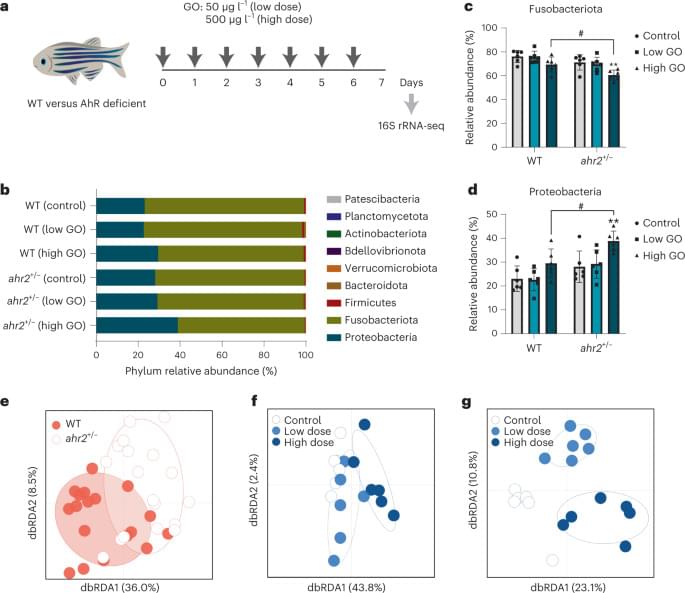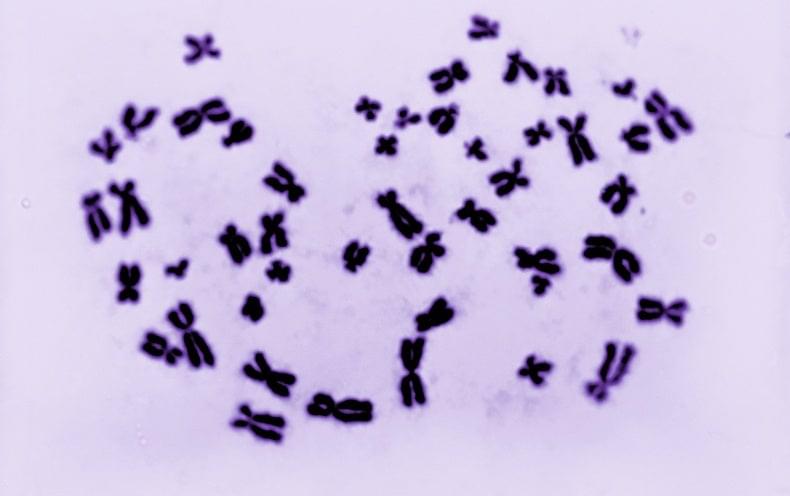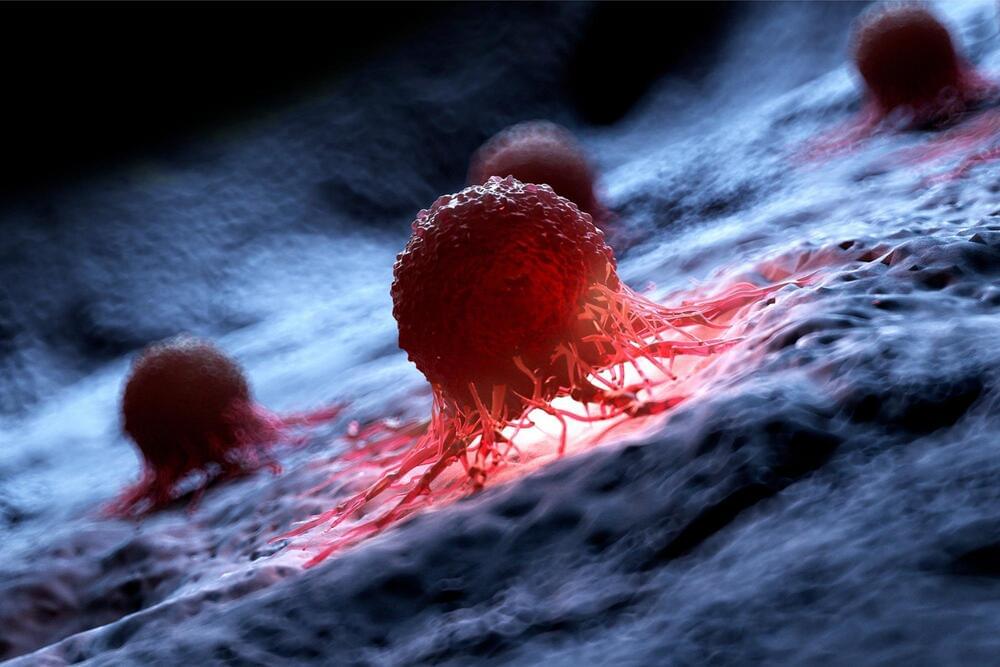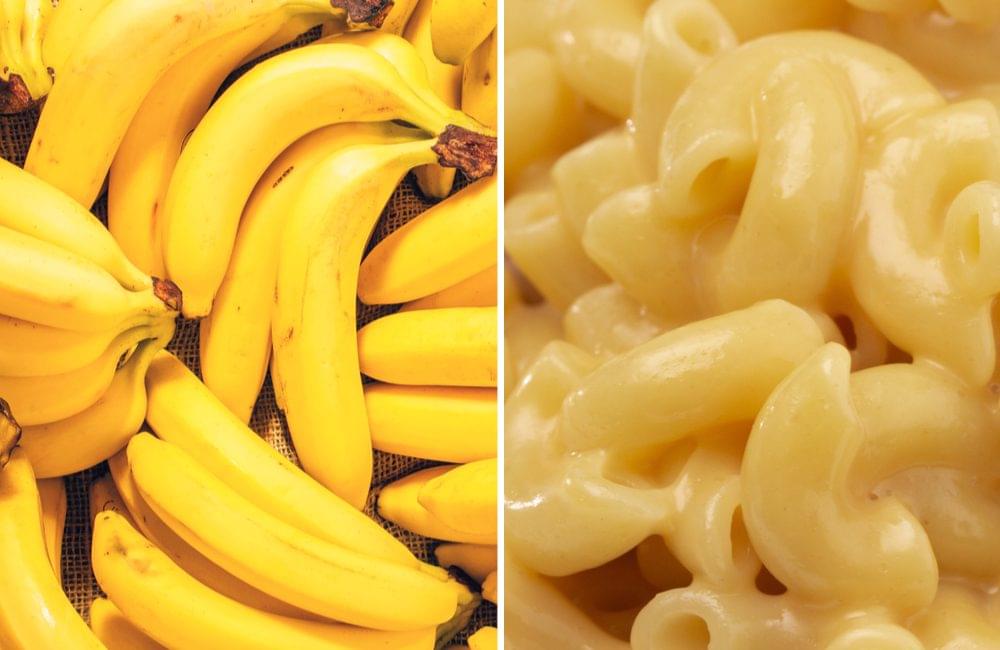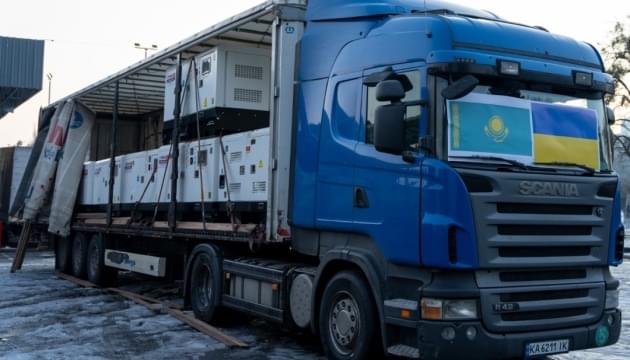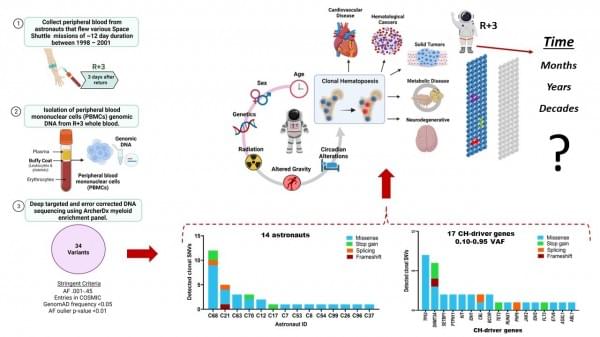Professor Carmit Levy. Credit: Tel Aviv University.
Professor Carmit Levy from the Department of Human Genetics and Biochemistry and Dr. Yftach Gepner from the School of Public Health and the Sylvan Adams Sports Institute at TAU’s Sackler Faculty of Medicine conducted the study. Prof. Levy notes that the new research has resulted in a very important discovery by merging scientific know-how from different schools at TAU, which may help avoid metastatic cancer, Israel’s top cause of death. The study was recently published on the cover of the journal of Cancer Research.
Prof. Levy and Dr. Gepner: “Studies have demonstrated that physical exercise reduces the risk for some types of cancer by up to 35%. This positive effect is similar to the impact of exercise on other conditions, such as heart disease and diabetes. In this study we added new insight, showing that high-intensity aerobic exercise, which derives its energy from sugar, can reduce the risk of metastatic cancer by as much as 72%. If so far the general message to the public has been ‘be active, be healthy’, now we can explain how aerobic activity can maximize the prevention of the most aggressive and metastatic types of cancer.”
